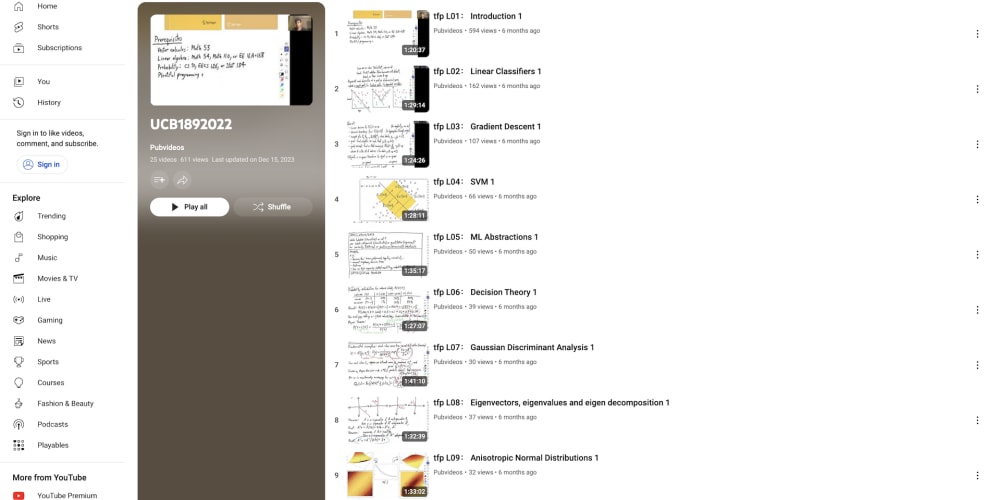Nowadays, where knowledge is readily available, the appealing feature of elearning platforms is undeniable. They claim to be transforming education, making it easier to access, flexible, and entertaining. However, in the midst of the digital gold rush, organizations frequently ignore an important aspect: the online learning management system (LMS).
The LMS is the building block of any successful e-learning program, but many organizations suffer at this important stage. Choosing the wrong LMS can be like building a house on unstable ground. It can lead to disengaged students, wasted resources, and poor learning experiences.
It's important to approach LMS selection with severe caution with the goal of avoiding such errors. This article explores the most common errors committed by businesses and provides advice to help you avoid these mistakes.
Understanding these problems will help you guarantee that your LMS is a driver for learning achievement rather than a stumbling block. Together, let's explore the complexities of LMS choice and realize the most potential for your e-learning initiatives.
1. Not Assessing Your Needs Thoroughly
E-learning platforms offer an extensive range of features, but not considering an extensive needs evaluation can be costly supervision for companies. Businesses that neglect to review their specific training needs risk implementing a technology that fails to sufficiently promote their goals. A thorough review highlights important functionalities such as content management, learner engagement tools, and performance tracking, guaranteeing that the selected platform efficiently delivers targeted learning outcomes and organizational success.
Law of clear objectives
Determining key elements for an online learning management system is difficult without clear objectives. The primary goal of the LMS must first be determined. Is the focus on compliance training, employee development, customer awareness, or another goal? Clearly defined objectives will direct feature prioritization and platform evaluation, ensuring that the platform you chose thoroughly supports your learning initiatives.
2. Overlooking Integration Capabilities
Online learning management systems often come up short by overlooking their integration capabilities. This oversight may significantly devalue the entire learning experience. A system that cannot integrate easily with existing organizational tools leads to more challenges and inefficiencies. Robust integration is needed for a smooth learning experience and should be the primary focus when choosing an LMS.
Insufficient Stakeholder Involvement
E-learning platforms should be effortlessly integrated with your existing systems, such as HR software, CRM tools, or content management platforms. This strategic alignment optimizes workflows, centralizes data, and improves overall efficiency. Connecting these different platforms allows you to streamline procedures, minimize data redundancy, and build a cohesive environment that supports both learning and commercial goals.
Future Scalability
E-learning platforms should be effortlessly integrated with your existing systems, such as HR software, CRM tools, or content management platforms. This strategic alignment optimizes workflows, centralizes data, and improves overall efficiency. Connecting these different platforms allows you to streamline processes, minimize data redundancy, and build an integrated system that promotes both learning and commercial goals.
3. Neglecting User Experience
A poor user experience can significantly impact the effectiveness of online education platforms by resulting in low adoption rates and decreased engagement. It is important to invest in an LMS with a simple and user-friendly interface. A well-designed platform captures the attention of learners right away, encouraging experimenting and optimizing learning outcomes.
Ease Of Use
Elearning platforms must prioritize the user experience for administrators as well as learners. A platform's intuitive design allows the administration to promptly handle educational courses, while a simple interface inspires learners to actively engage with course materials.
Complex systems with steep learning curves often annoy users, limiting knowledge acquisition and program efficiency. A user-friendly platform promotes a good learning environment in which learners can simply navigate, access resources, and accomplish their learning objectives.
Mobile Accessibility
Mobile accessibility is a necessity in today's digital landscape. Learners are empowered by a strong online learning management system that provides mobile apps and responsive design. These features separate learners from the restrictions of a PC and allow them to access educational content from any location at any time. This flexibility promotes a more inclusive and engaging learning environment, catering to an extensive range of pupil interests and lifestyles. Organizations that prioritize mobile accessibility can enhance learner satisfaction and achieve more favorable outcomes.
Conclusion
Choosing the correct online learning management system is an important decision that can have a big impact on your organization's development and training programs. By minimizing these common mistakes—failing to evaluate your needs completely, overlooking cooperation capabilities, ignoring user experience, overlooking reporting and analytics, and minimizing support and training—you can make an informed decision. A well-chosen LMS will not only improve the learning experience but will also help your organization achieve its goals.
When you're ready to make a decision, think about working with a trustworthy elearning platform vendor. Our team offers comprehensive services to help you choose and implement the best learning management system (LMS) for an efficient and effective learning process.


















